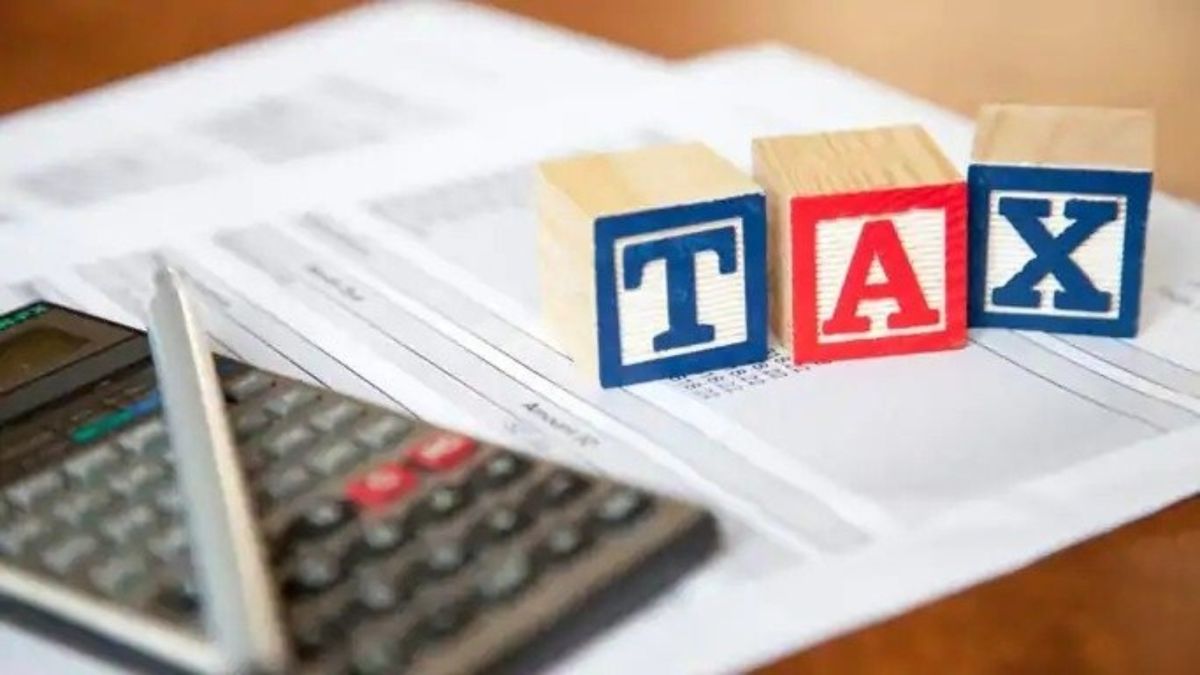Highlights:
- Special benefits enjoyed by senior citizens and very senior citizens in India on Income Tax
- A person between the age of 60 and 80 is termed as a senior citizen
- A person aged 80 years and over is termed as a very senior citizen
The Income Tax Law in India offers great deal of special benefits to the residing senior citizens as well as the very senior citizens. A senior citizen is a person who is between the ages of 60 years and 80 years whereas a very senior citizen is a person who above 80 years old.
The benefits in the Income Tax will be available to the resident senior and very senior citizens range from higher exemption limit to higher deductions under various income tax sections on account of medical expenses and interest earned on deposits.
Here are the special income tax benefits for senior citizens and very senior citizens:
1. Exemption from paying advance tax
According to section 208, every person whose estimated tax liability for the year is Rs 10,000 or above is liable to pay an advance tax to the government. However, section 207 gives relief from the payment of this advance tax to a resident senior citizen. As per section 207, a resident senior citizen is not liable to pay advance tax, but he should not have any income from business or profession.
2. Higher exemption limit
Both, senior citizens and very senior citizens, enjoy a higher exemption limit as compared to non-senior citizen tax payers. The exemption limit is the level of income up to which a person is not liable to pay any tax to the government.
For FY 2020-21, the exemption limit for a senior citizen is set higher at Rs. 3,00,000. On the other hand, the exemption limit for an ordinary individual tax payer is Rs 2,50,000.
The additional benefit of Rs 50,000 in the form of higher exemption limit is available to a resident senior citizen.
For a very senior citizen, the exemption is set even higher at Rs 5,00,000.
Any medical insurance premium of the amount ranging up to Rs 50,000 paid in a year by a senior citizen is allowed as a deduction under Section 80D of the Income Tax Act. If the senior citizen is paying medical insurance premiums for his or her parents who are also senior citizens, he or she can claim an additional deduction of up to Rs 50,000.
4. Eligibility to file income tax return manually
The very senior citizens while filing his/ her return of income in Form ITR 1 or ITR 4 can file the return of its income in paper mode, i.e., for him electronic filing of ITR 1 or ITR 4 (as the case may be) is not mandatory. However, he may go for e-filing if he wishes.
5. Higher deduction limit on interest income on bank deposits and post office
The interest earned by the senior citizen on the saving deposits and/ or fixed deposit with banks or post office or co-operative banks for an amount up to Rs 50,000 will be is eligible for deduction under Section 80TTB.
Additionally, there will be no deduction of tax at source for an amount up to Rs 50,000. This limit of Rs 50,000 has to be computed for every bank individually, however.
Also, an individual non-senior citizen tax payer is eligible for a tax deduction of up to Rs 10,000 under Section 80TTA in respect of interest income on the savings bank account.
6. Deduction for medical treatment of specified diseases
As per the section 80DDB, a senior citizen taxpayer can claim a deduction of a maximum amount of Rs 1,00,000 for expenditure incurred by him/ her on medical treatment of specified diseases.
7. Benefit of the standard deduction
From AY 2019-21 (Assessment Year), a standard deduction up to Rs 40,000 against salary income earned during the year has been introduced. Accordingly, a senior citizen who is in receipt of pension income from his or her former employer can claim a deduction up to Rs 40,000 against such salary income.


